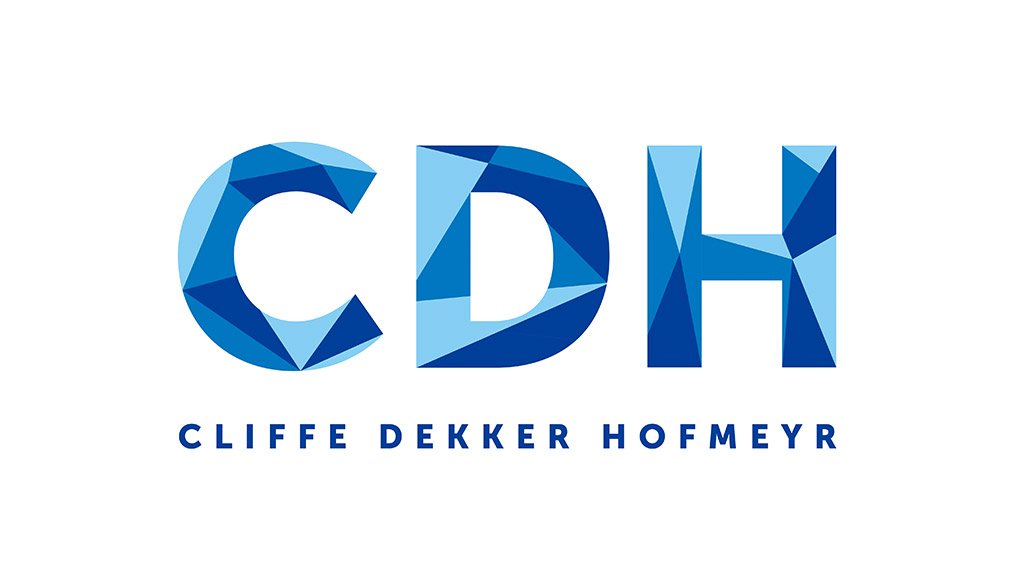Times are tough. And with the cost of living seemingly always on the increase, many employees will be setting their sights on receiving a year-end financial bonus to help fund what often feels like a very long and financially draining festive season.
But, while many employers will want to acknowledge their staff after a year of dedicated service, employees shouldn’t assume they will receive a bonus.
Are employers obliged to pay a bonus?
Under South African law, employers are not automatically required to pay a year-end bonus. Any obligation to do so arises from the terms of the employment relationship. Where the employment contract expressly provides for a bonus, including a guaranteed "13th cheque," the employer must honour that provision. A similar obligation can also arise from a company policy, staff handbook, or collective agreement that sets out a right to a bonus or a discretion subject to stated criteria.
In certain circumstances, a consistent and long-standing practice of paying a bonus on the same terms each year can result in a reasonable expectation regarding the payment of a bonus. Whether such an obligation exists depends on the facts, particularly the consistency, clarity, and intention behind the practice.
Even where a bonus is described as discretionary, the employer’s discretion must still be exercised lawfully and fairly.
How are bonus payments treated under South African law?
Bonuses are primarily regulated through employment contracts, company policies or handbooks, and collective agreements, within the broader framework of the Basic Conditions of Employment Act and the Labour Relations Act.
A bonus may be either a guaranteed entitlement or a discretionary benefit, often linked to performance. The wording of the relevant contract or policy is critical in determining whether an employee has a right to a bonus. Where the employer retains discretion, that discretion must be exercised rationally, consistently, and in good faith, and in accordance with any stated performance criteria or scheme rules. Employers may not ignore published criteria or change them unfairly once employees have relied on them.
Additionally, bonus decisions must also comply with the Employment Equity Act. Withholding or reducing a bonus for a prohibited ground, such as race, gender, or pregnancy, would amount to unlawful discrimination.
From a tax perspective, bonuses (including 13th cheques) are considered part of an employee’s remuneration and are subject to PAYE in the month they are paid. Payroll typically applies annualised tax tables to these payments, which are not treated as separate or tax-free income.
Is there a difference between a bonus and a 13th cheque?
A 13th cheque is a guaranteed additional payment, usually equal to one month’s basic salary or cost to company, and typically paid once a year, often in November or December. Where it forms part of the employment contract or a binding policy or collective agreement, it is not performance-based and must be paid as agreed. It functions as an additional component of annual remuneration.
A bonus, in contrast, is usually variable and linked to performance at an individual, team, departmental, or company level. It is often expressly stated to be discretionary, meaning that the employer may determine whether and how much to pay based on the relevant performance outcomes and the exercise of discretion. The amount and even the entitlement to a bonus may vary from year to year.
In short, a 13th cheque is a guaranteed contractual payment, while a bonus is typically variable and contingent on performance or business results.
Can employees lodge a dispute if they don’t receive a bonus?
Employees may have a valid claim or may lodge a dispute, depending on the basis of their claim. Where a 13th cheque or specified bonus is contractually guaranteed, or where the employer has acted unlawfully or unfairly in relation to the payment of a bonus or 13th cheque, failure to pay it may constitute a breach of contract or an unfair labour practice.
Creating a transparent recognition and remuneration environment
Bonuses and 13th cheques are a welcome financial boost, but it's crucial that employers and employees are on the same page when it comes to expectations around these financial injections. Employers should ensure the nature, discretionary or guaranteed, is clearly communicated to staff, and where bonuses are variable, that employees understand what is required of them to qualify.
Written by Ayesha Karjieker, Associate in Employment Law at Cliffe Dekker Hofmeyr
EMAIL THIS ARTICLE SAVE THIS ARTICLE ARTICLE ENQUIRY FEEDBACK
To subscribe email subscriptions@creamermedia.co.za or click here
To advertise email advertising@creamermedia.co.za or click here











